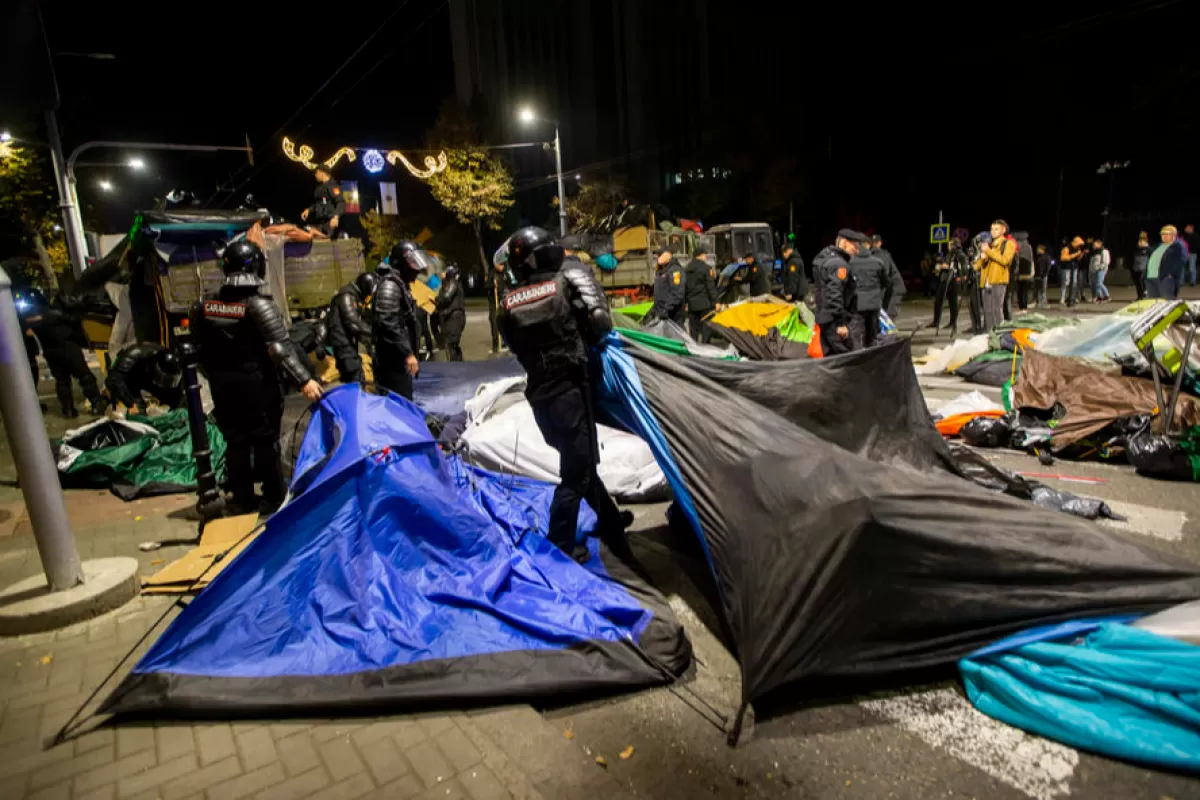
The anti-government protests organized daily, since September 18, by the Shor Party in Chisinau, turned increasingly slow during the month of October, to eventual stop all together not long ago. Now, Moscow is trying to expand its “cooperation” with pro-Russian political forces other than this party that it seems to have bet on at the beginning of autumn.

Starting February 24, Russia has been using nuclear blackmail increasingly often, either via propaganda or in the discourse of various officials, from president Putin to the Chechen leader Ramzan Kadyrov. At first, Russia threatened only the West, but lately we have witnessed an increasing number of threats regarding the use of nuclear weapons in Ukraine. Will Ukraine be capable of withstanding a possible nuclear attack and stay in the fight? Are Ukrainian authorities, the army and the people ready for this scenario?

After Sunday’s general elections, Boyko Borissov’s GERB came back on top but is left to the oldest Bulgarian dilemma – whether to lean towards the West or the East. Borissov has been rebranding himself as more critical towards Russia, but past corruption allegation make it hard for him to find partners. Pro-Russian parties also increased their clout, but they have no chance of forming a majority.

The far right has had a remarkable year in a number of European countries, obtaining good results – and actually winning – elections held in countries such as Italy, Sweden, France and Portugal. The rise of the far right was facilitated by a plethora of factors, including demographic changes, major events or crises and Russia’s manipulations. Are we truly headed towards a Europe dominated by the far right, or is there a limit to this growing phenomenon?

Polish conservatives have been among the most virulent critics of Russia in Europe for years. Beyond the rhetoric, however, their policies – and their ideology – are so similar to what Russia is promoting in EU member states that they seem to have been written in Moscow.

Bulgaria is looking like a place that no one really wants to govern. The country is heading for its fourth elections in eighteen months and chances for a coalition are getting increasingly small. As major players are trying to win the popular vote, smaller parties are hoping for momentum, as polls predict that the next parliament might feature up to seven parties.

The Czech Republic has been one of Ukraine’s staunchest supporters ever since Russia launched its large scale of the country, in February. However, pro-Russian groups are increasingly active in the Czech Republic, and they are trying to capitalize on the population’s financial and economic worries.

The events of early September in Ukraine may have significant consequences on Chișinău as well. The counteroffensive mounted by Ukrainian troops in the northeast, the liberation of most of the Kharkiv region, but also of southern territories previously held by the Russian military, have increased the odds of foiling the Moscow’s plans for the Republic of Moldova, at least in the short run.

Liz Truss is taking over as Prime Minister of the United Kingdom at a time when the country is struggling with multiple crises: the crisis in the energy and healthcare sectors, the crisis generated by Northern Ireland’s post-Brexit standing, and the war in Ukraine. Throughout her political career, Liz Truss stood out through her readiness to radically alter her political views. Her survival as Prime Minister may require her to display some degree of consistency.
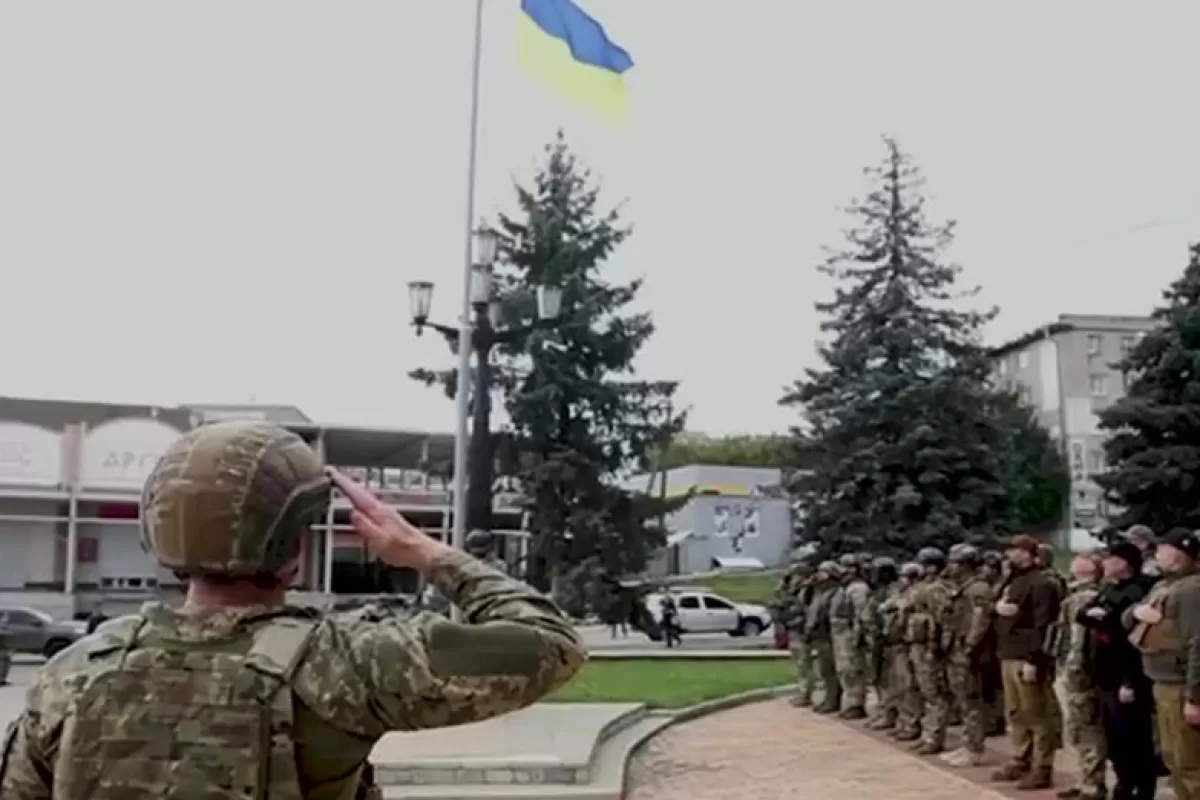
The successful counteroffensive of the Ukrainian armed forces in the Kharkiv region was not just the result of good tactical planning, but also a consequence of pro-Ukrainian sentiment at society level, determined by the country’s history, its invaluable cultural legacy and the positive experience of the first two phases of fighting off the Russian aggression.

Russia doesn’t recognize Kosovo as a sovereign state, but it’s using it to endorse the “independence” of separatist/captured territories in Georgia and Ukraine: Abkhazia, South Ossetia, Crimea and Donbas. Besides, the Serbian enclave in Kosovo, Mitrovica, can be used by Moscow as a genuine outpost on the border with a NATO-protected territory. Just like other “outposts” Putin is relying on in Europe, Mitrovica too can be useful when Moscow wants to get something done or simply wants to distract everyone’s attention – even from a war such as the one in Ukraine.

After ousted PM Kiril Petkov’s coalition was adamant in its pro-West and pro-EU position, current interim government, selected by President Radev and led by caretaker PM Donev, is making chaotic moves, risking further instability.

Putin's objective to bring the neighboring country back into Moscow's orbit and into the so-called “Russian world” seems, more than ever, doomed to failure: Ukrainians no longer believe in the possibility of a reconciliation with Russia even after the fall of the Putin regime. The majority of Ukraine's population now wants European integration, but does not seem willing to accept all the EU's conditions.

In recent months, the press in Ukraine has gone through a series of important changes, as it had to adapt to the new realities dictated by the war – funding cuts, personnel problems, involvement in the effort to mobilize the population. On the other hand, the media landscape is also feeling the impact of the “deoligarchization” law, promulgated by President Volodymyr Zelenskiy in November 2021, before the start of the war.

With NATO-Russia relations at their lowest level in history, following the latter’s invasion of Ukraine, a stretch of land connecting Poland to Lithuania has come into focus. The Suwałki Gap borders Russia’s Kaliningrad enclave. It could be a tempting target, as its control would help Russia cut NATO’s land bridge to its Baltic members. It could also be used, this time by the Alliance, to further isolate Kaliningrad. Is the Suwałki Gap the powder keg between NATO and Russia?

Russia’s campaign in Russia is doubled by an information war, which among other things seeks to discourage Ukrainian resistance. Kyiv is trying to respond to this campaign, on the one hand to demoralize the enemy as well, while on the other hand to enliven Ukrainians’ fighting spirit. The protracted war, however, has prompted Ukrainian leaders to adapt their discourse.

At the 1997 NATO Summit in Madrid, the Alliance kicked off its eastward enlargement process by integrating ex-communist countries that used this opportunity to make sure they would never again fall under Russia’s control. A quarter of a century later, also in Madrid, the North Atlantic Treaty Organization launched a new strategic concept, taking note of Moscow’s aggressions and threats.
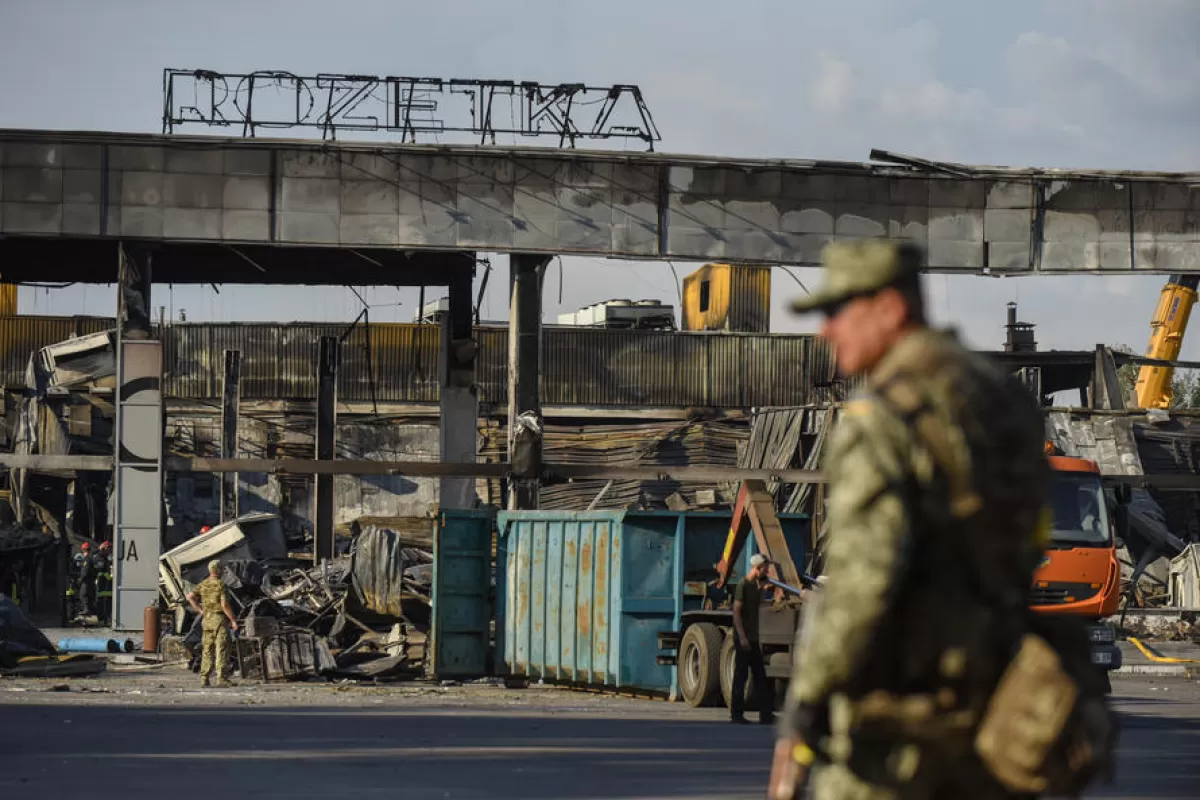
More than 4 months after the start of the full-scale invasion of Ukraine, the so-called “battle fatigue” is starting to show signs both in Ukraine and in the western world. It’s become rather obvious in politicians’ speeches, in the wear and tear of the military and civilians, in the way war is reflected in the international press and in the public's interest in war-related topics.

Six months in, the reformist cabinet of PM Kiril Petkov was taken down by the growing opposition which initiated the first ever successful no-confidence motion in Bulgaria’s history.

A prosecutor who has investigated numerous cases of major corruption in the United States has been appointed head of the Anticorruption Prosecutor's Office in the Republic of Moldova, an institution similar to the Romanian National Anticorruption Directorate. The appointment of the new prosecutor is important both for the reform of the judiciary and the rapprochement of the Republic of Moldova with the EU, and for the consolidation of the political class in Chisinau, especially the opposition in Parliament, as the leaders of this opposition, oriented towards Russia, seem to all have integrity issues.
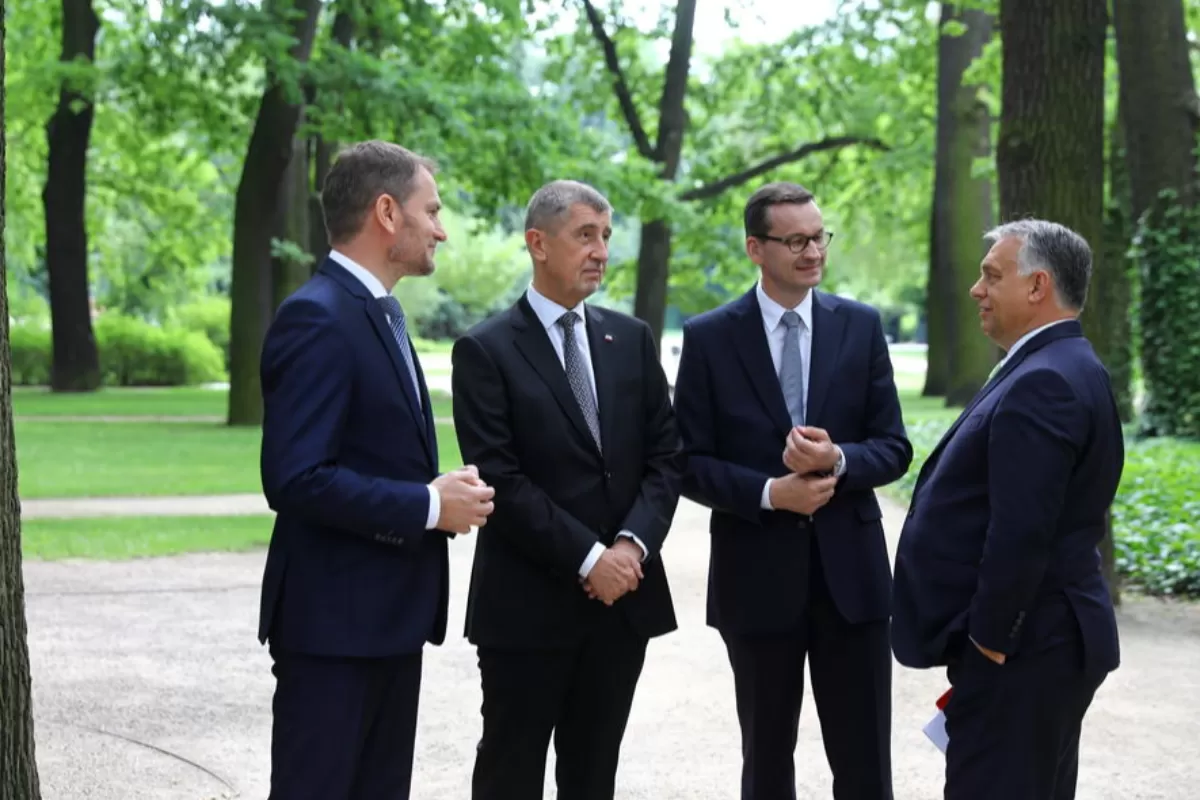
The Visegrad Group (V4) acted, for years, in concert to give the populist leaders of Central European countries some levarage against the other EU countries. The war in Ukraine caused a rift within the V4, as Hungary prefered to preserve as much as possible its relationship with Russia, much to the dismay of its partners.
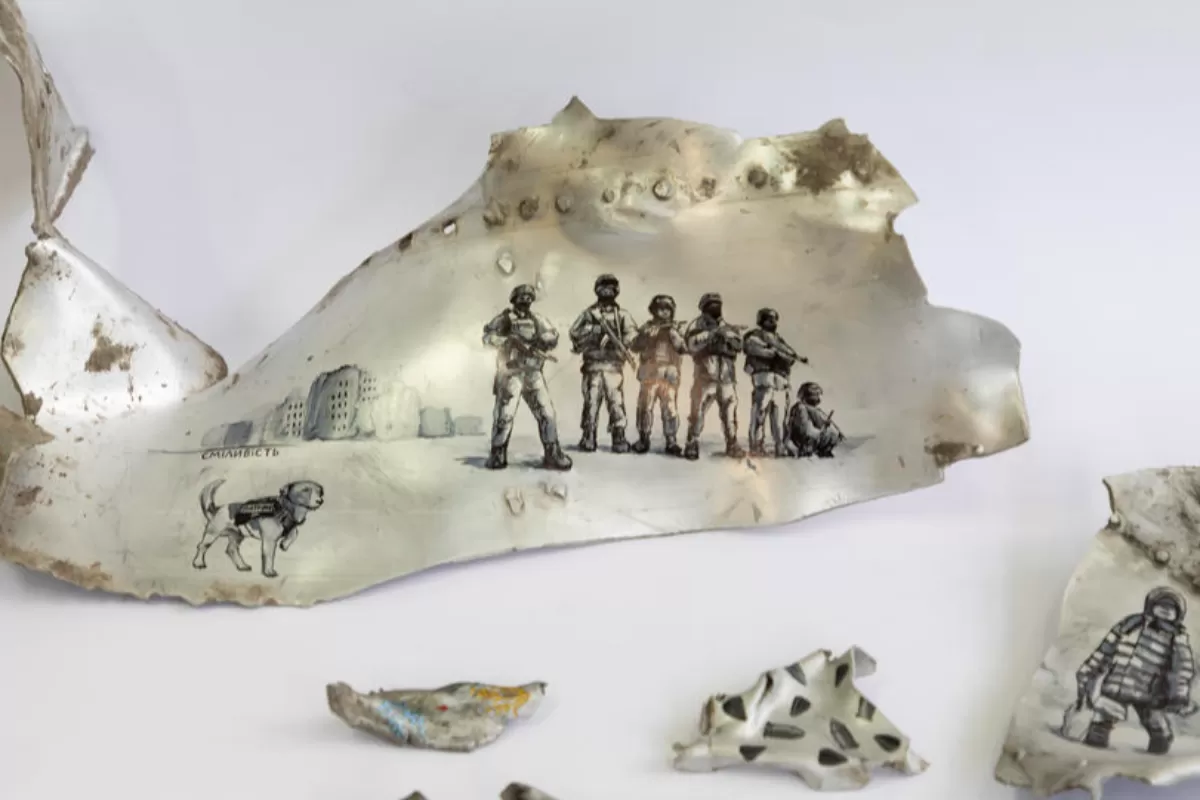
The war in Ukraine was launched by Russia under the pretext of de-nazifying the neighboring country. From Moscow's point of view, it should have been a quick operation ending with a regime change in Kyiv. For the Ukrainians, on the other hand, the priority in the early days was survival. Developments on the ground - and the success of the Ukrainian defense - have led to the adjustment of these objectives, which can be seen in the narratives of the two camps.